We deliver to you every day from 8:00 to 20:00
- 2023
- 利用するACCESS-DEF 日本語試験情報 - CyberArk Defender Accessについて心配はいりません 🐛 「 ACCESS-DEF 」を無料でダウンロード⮆ www.goshiken.com ⮄で検索するだけACCESS-DEF勉強時間
- C_TS4FI_2020試験の準備方法|権威のあるC_TS4FI_2020 最新知識試験|信頼的なSAP Certified Application Associate - SAP S/4HANA for Financial Accounting Associates (SAP S/4HANA 2020) テスト内容 🚐 ウェブサイト“ www.goshiken.com ”を開き、「 C_TS4FI_2020 」を検索して無料でダウンロードしてくださいC_TS4FI_2020日本語練習問題
- gumm
- tinct
- cart
- tincture
The best discounts this week
Every week you can find the best discounts here.
Grape Pie – THCa Rosin [1g]
Infused Cooking Olive Oil HHC Tincture [1500mg]
Peppermint Olive Oil HHC Tincture [1500mg]
Strawberry MCT HHC Tincture [1500mg]
Strawberry MCT HHC Tincture [1500mg]
Infused Cooking MCT Oil Delta-8 Tincture [1500mg]
Infused Cooking Olive Oil Delta-8 Tincture [1500mg]
Strawberry MCT Delta-8 Tincture [1500mg]
In the market, you’ll find a variety of CBD products from edibles to oils and topicals. These products have gained immense popularity because of their therapeutic benefits. Before trying out any of these products, you must find out whether they’re legal for recreational or medical use.
Currently, CBD is extracted from 2 types of plants, hemp, and cannabis. Is there a difference between hemp and cannabis-derived CBD? Are cannabis-derived CBD products better than hemp-derived CBD products? Are both sources of CBD legal? This article gives a proper understanding of both CBD sources.
Why Is CBD Becoming Popular?
There are hundreds of biological compounds found in cannabis, amongst them is a cannabinoid called CBD. This cannabinoid compared to Delta 9 – THC doesn’t consist of sedative properties. However, it does interact with our body’s endocannabinoid system.
Since CBD isn’t intoxicating, aren’t both hemp and cannabis-derived CBD legal? Well, both hemp and cannabis are viewed differently in the light of federal and state laws. This is why people can become confused about their allowance for recreational or medical use.
What Is Cannabis?
Cannabis refers to a category of plants that are further divided into three breeds, Sativa, Indica, and Ruderalis.
The difference between the three strains comes from CBD levels. Cannabis plants belonging to the Indica and Ruderalis family have higher levels of CBD compared to Sativa.
When it comes to cannabis cultivation, these plants require controlled conditions for better yield. Some cannabis plants are photoperiodic, meaning they need the right amount of sunlight exposure for their flowers to bloom.
The flowers are the main raw material because they contain all the potent cannabinoids. Cannabis plants look like a bush with large leaves.
What is Hemp?
Hemp is a specific sub-species of cannabis Sativa plants. The use of hemp can be traced back centuries when people cultivated hemp for making food, clothing, ropes, and other essential items.
According to the 2018 Farm Bill, cannabis sativa plants that contain less than 0.3% Delta 9 – THC are legal to use, and they’re named hemp or industrial hemp. Since hemp has Delta 9 in minute concentrations, it can’t induce intoxicating effects.
Hemp plants give a maximum yield when grown outdoors. These plants aren’t as affected by humidity, lighting, and temperature, compared to cannabis plants. Hence, they’re able to thrive in various climates and don’t require much attention.
Difference Between Hemp And Cannabis Derived CBD

Both hemp and cannabis produce the same CBD copy. However, both of their products differ greatly on the following factors due to their plant source.
-
Permissibility In The Light Of Federal And State Laws
The federal and state laws control whether cannabis or hemp-derived CBD is legal.
According to federal law, cannabis, which contains 0.3% Delta 9-THC or more, is listed as a Schedule I drug by the DEA. Thus, any products derived from cannabis, including cannabis-derived CBD, are federally illegal for recreational or medical use.
On the other hand, industrial hemp was made federally legal by the 2018 Farm Bill, making it an agricultural commodity. However, this resulted in the appearance of numerous CBD products, with some falsely claiming to treat medical conditions.
This caused the FDA to enforce heavy regulations on hemp-derived CBD and has made such products illegal that make claims of treating medical conditions.
As a result, only those hemp-derived CBD products are legal to use that conform with federal law and the FDA.
Moreover, the legislation on CBD products derived from hemp or cannabis varies from state to state. From April 2022 onwards, 37 US states have allowed the use of cannabis for medical purposes. In such states, licensed drug shops provide cannabis-derived CBD on the basis of eligibility.
On the other hand, 18 states permit the recreational use of cannabis. In these states, cannabis-derived CBD can be purchased by adults.
To stay in legal waters, it’s best advised to revise your local state laws regarding the legal status of hemp or cannabis-derived CBD before buying any product.
-
CBD Content
Hemp plants consist of a lesser concentration of cannabinoids and terpenes compared to cannabis. This is because cannabis has a sufficient amount of resin, a sticky, gooey substance mainly present on female cannabis flowers.
Hemp also contains resin on its flowers but to a lesser degree. To produce CBD products from hemp, manufacturers require hemp in large quantities compared to only a small quantity of cannabis.
-
Effectiveness
As mentioned earlier, cannabis has a wider range of cannabinoids, terpenes, and other biochemicals compared to hemp. Extracting full spectrum CBD from cannabis may provide enhanced therapeutic effects due to the presence of other cannabinoids and biochemicals.
On the other hand, hemp-derived full spectrum CBD will contain other biochemicals to a lesser extent, which may result in the decreased intensity of therapeutic effects.
Frequently Asked Questions
- Does Hemp-Derived CBD Contain Delta 9?
CBD products derived from hemp contain minute traces of Delta 9. However, unregulated CBD products that are derived from hemp may contain higher traces of Delta 9.
Conclusion – What Is The Difference Between Hemp And Cannabis Derived CBD?
Both hemp and cannabis contain the same CBD. The differences that set hemp and cannabis-derived CBD apart are due to the source of the cannabinoid. Hemp-derived CBD products are federally legal whereas cannabis-derived CBD isn’t. However, state laws and regulations on both of them vary.
Cannabis contains higher traces of CBD and other biochemicals compared to hemp. Hence, cannabis-derived CBD may bring enhanced therapeutic effects compared to hemp-derived CBD.
All products are Federal Farm Bill Compliant and contain less than 0.3% THC
FDA DISCLOSURE: The statements regarding these products have not been evaluated by the FDA. These products are not intended to diagnose, treat, cure or prevent any disease, consult your health physician before use. The Federal Food, Drug and Cosmetic Act requires placement of this notice.
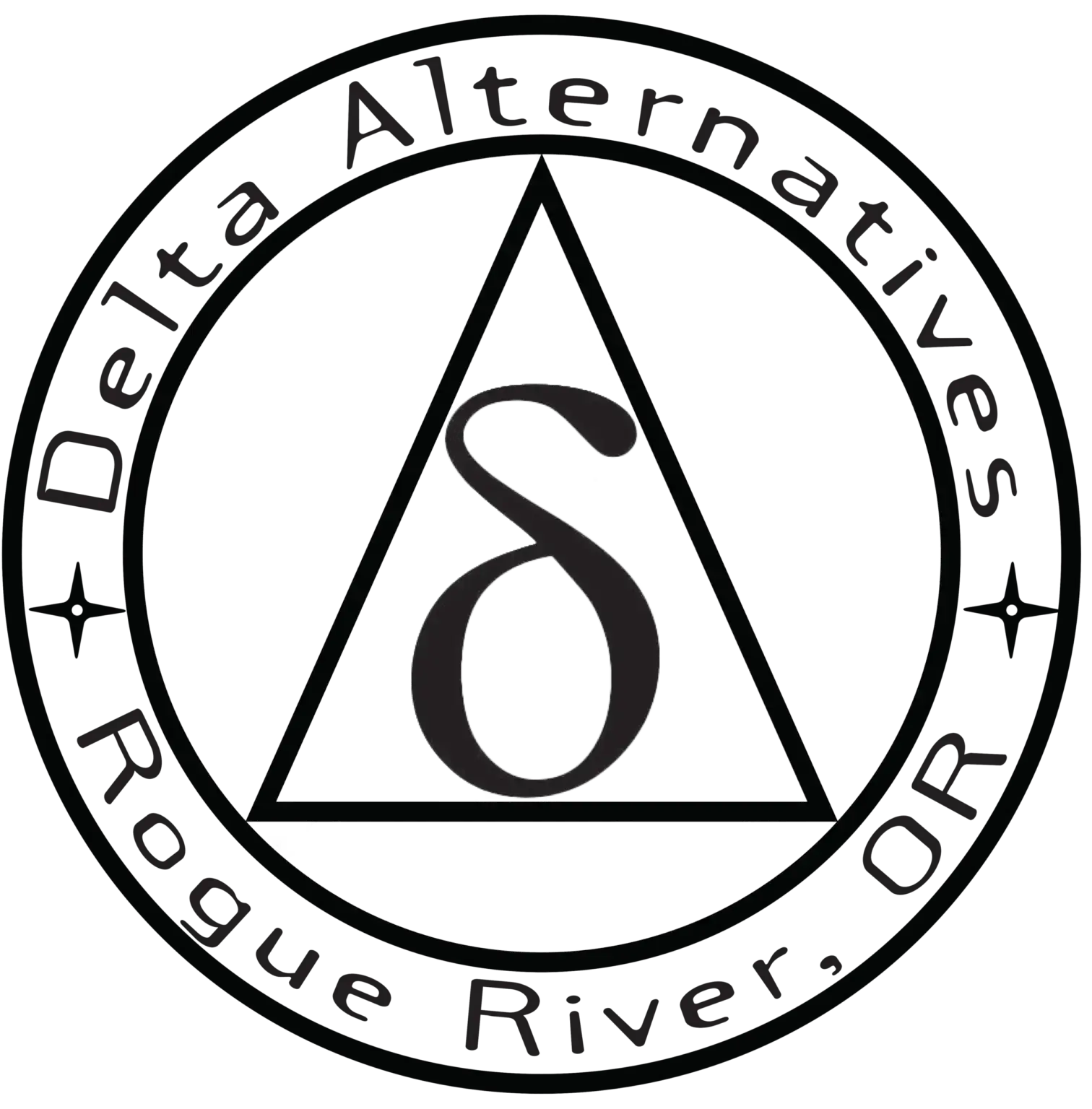


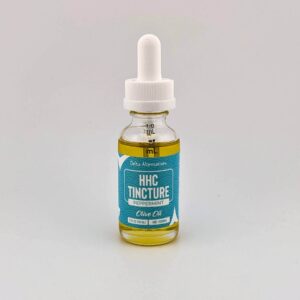
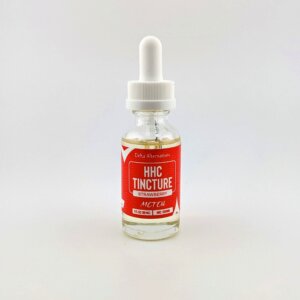
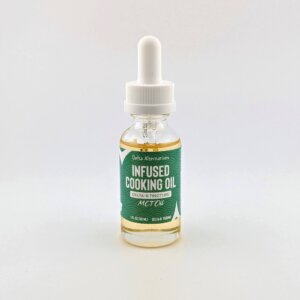
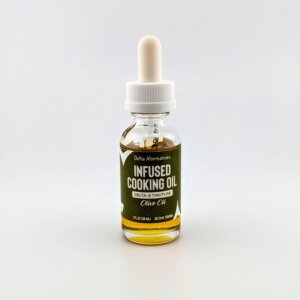
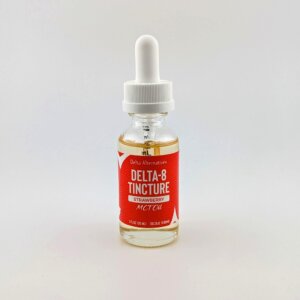
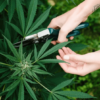

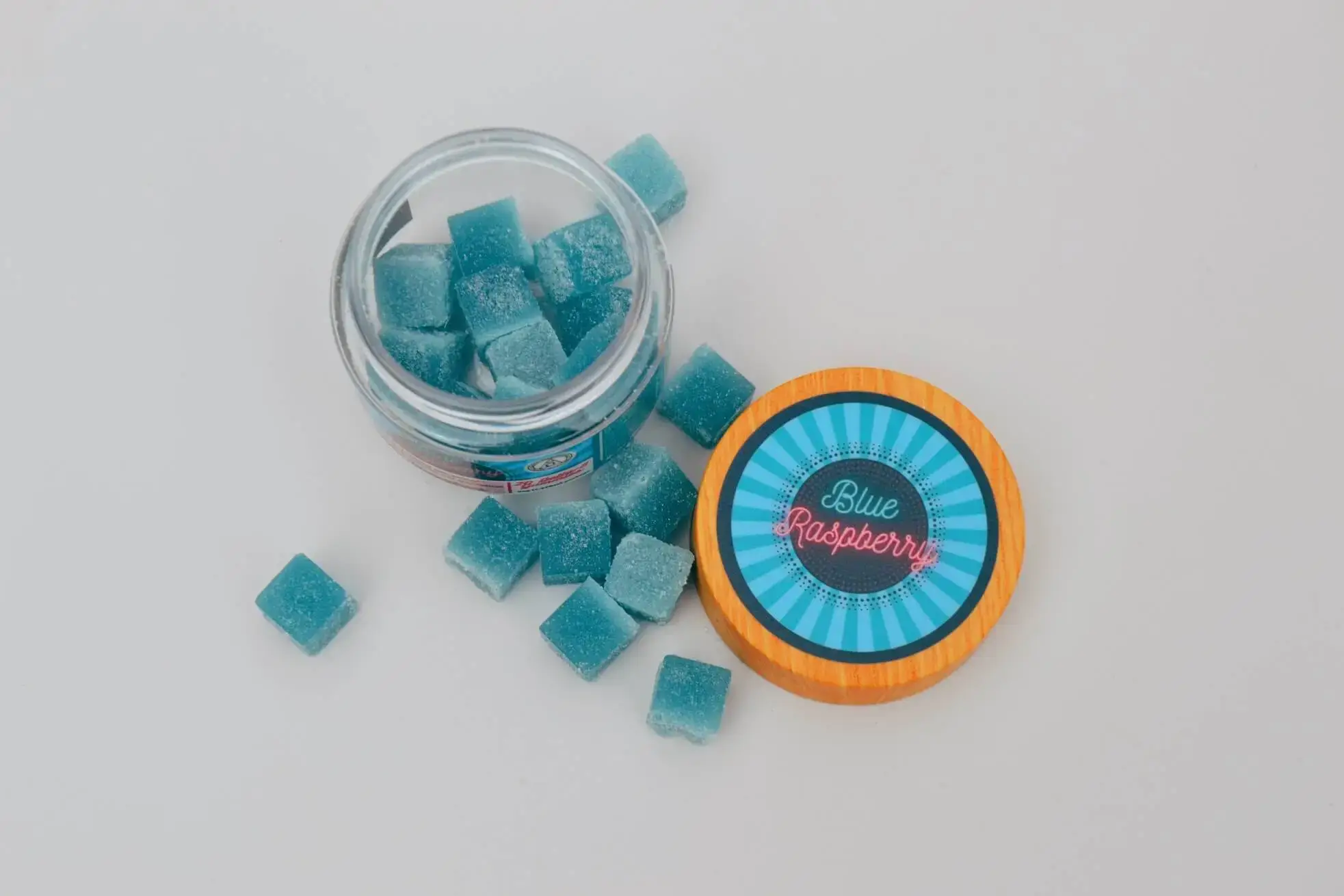
You must be logged in to post a comment.